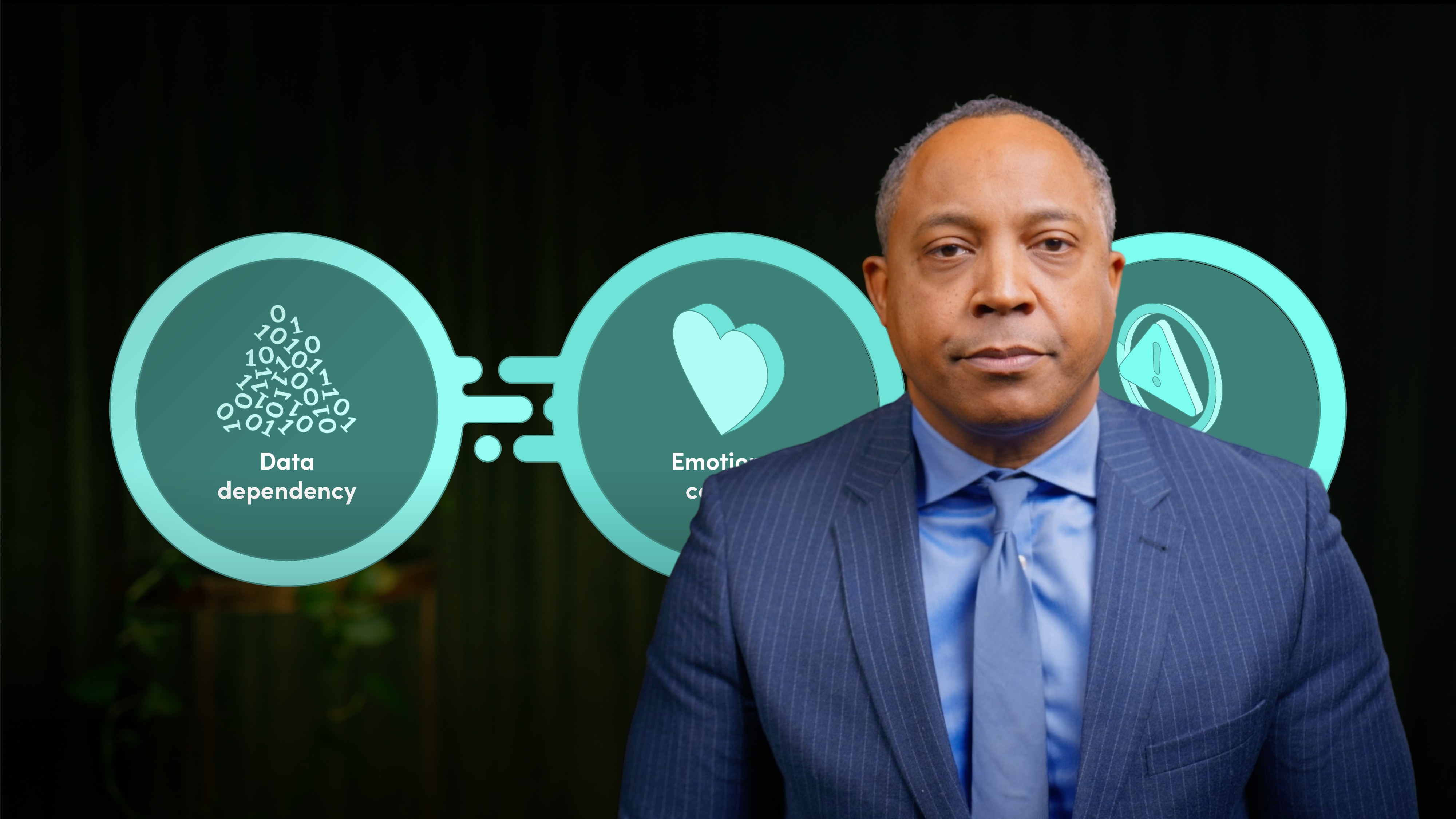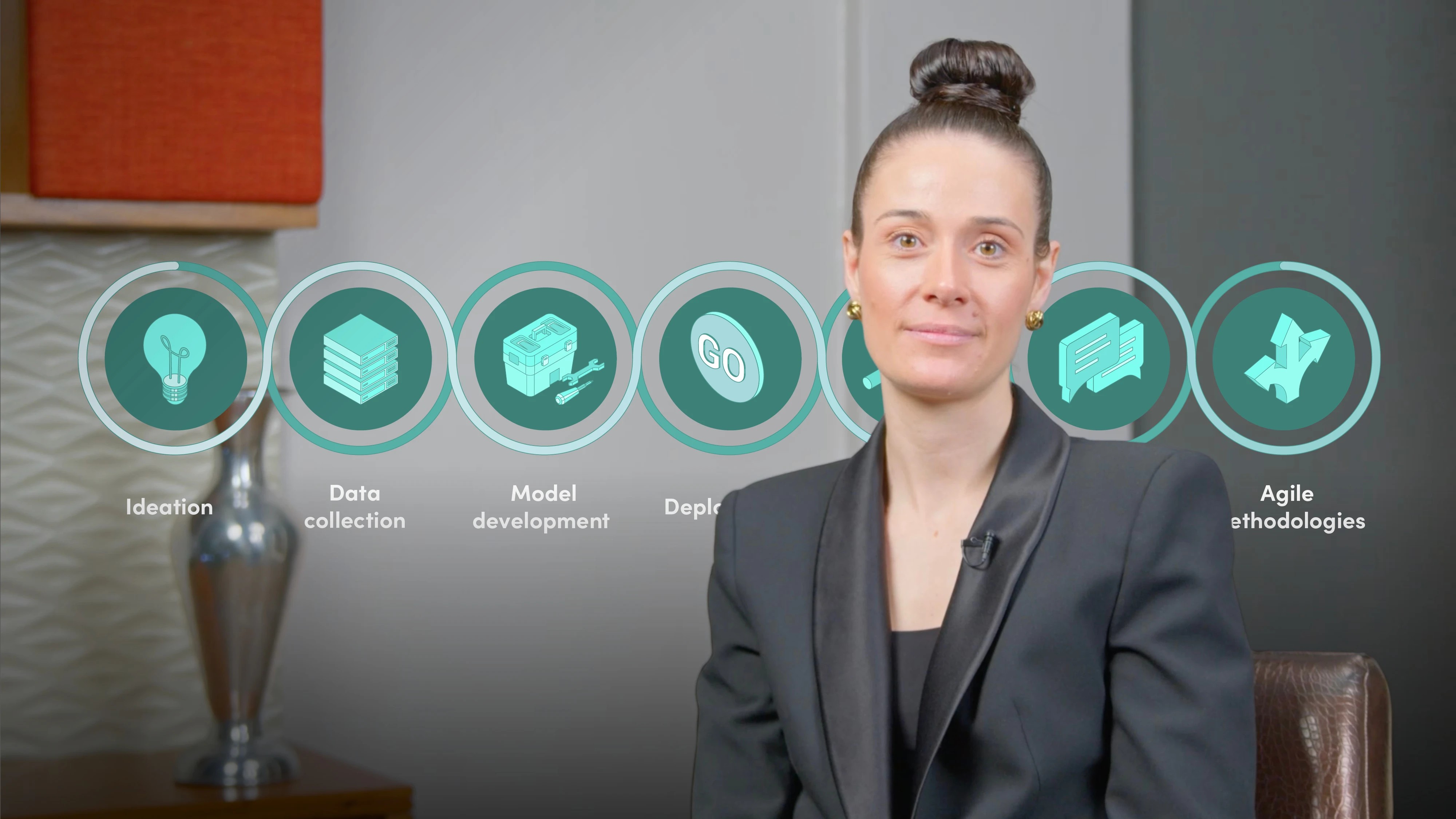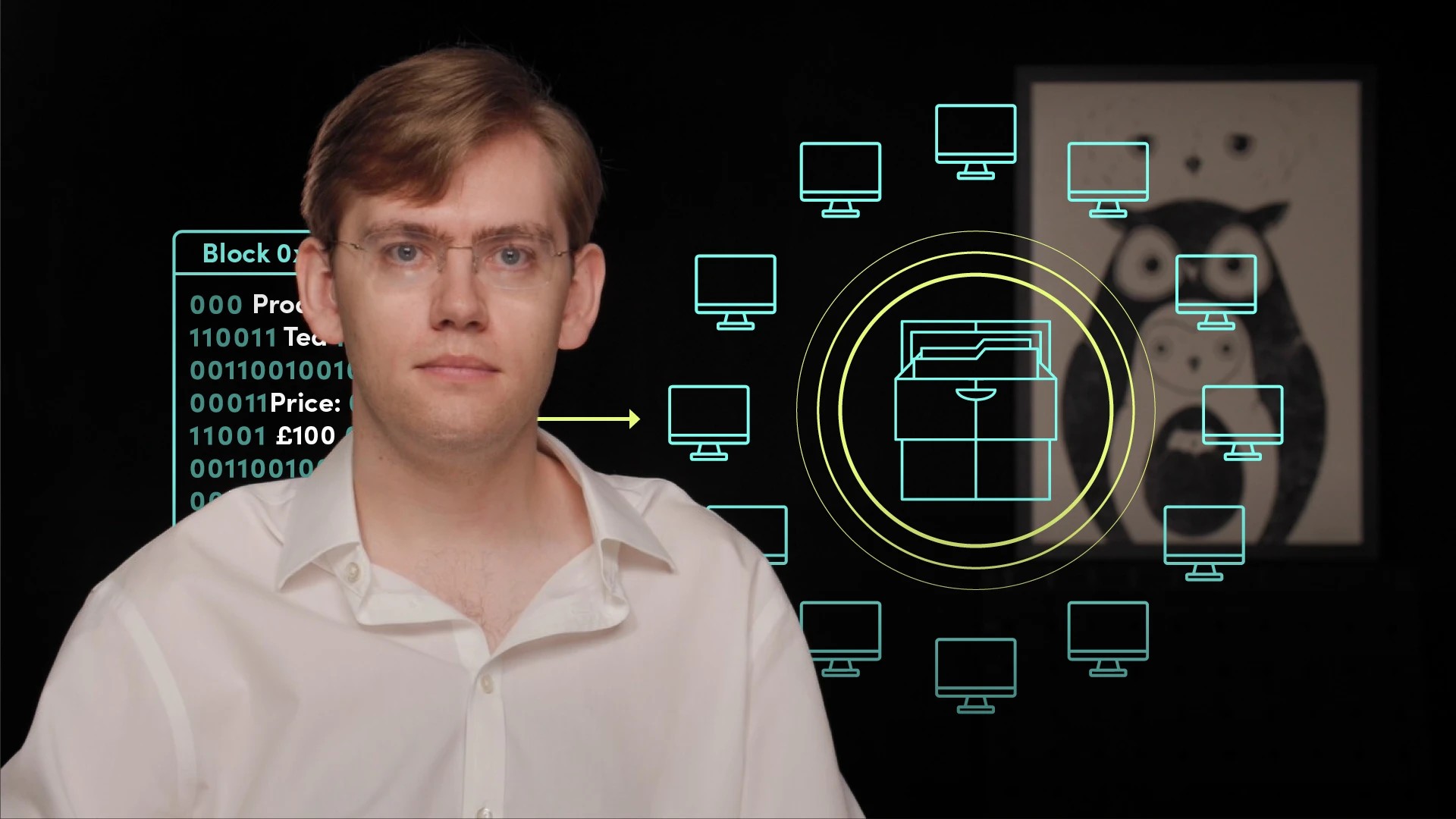
Overcoming Token Limits

Maurice Tony Ewing
20 years: AI and Digital Transformation
In this video, Maurice explains why AI struggles with complex tasks, from data limits to lack of nuance and emotional context. He breaks down token limits, AI’s processing differences from humans, and why human oversight is crucial for accuracy and effectiveness.
In this video, Maurice explains why AI struggles with complex tasks, from data limits to lack of nuance and emotional context. He breaks down token limits, AI’s processing differences from humans, and why human oversight is crucial for accuracy and effectiveness.
Subscribe to watch
Access this and all of the content on our platform by signing up for a 7-day free trial.

Overcoming Token Limits
10 mins 31 secs
Key learning objectives:
Understand AI’s limitations in handling complex, multi-layered tasks due to data dependency, emotional context, and processing constraints
Understand how token limits affect AI’s ability to process, generate, and recall information
Understand why AI struggles with context and nuance, making human oversight essential in collaborative workflows
Impacts:
Operational Efficiency
Overview:
Subscribe to watch
Access this and all of the content on our platform by signing up for a 7-day free trial.
Subscribe to watch
Access this and all of the content on our platform by signing up for a 7-day free trial.

Maurice Tony Ewing
There are no available Videos from "Maurice Tony Ewing"













